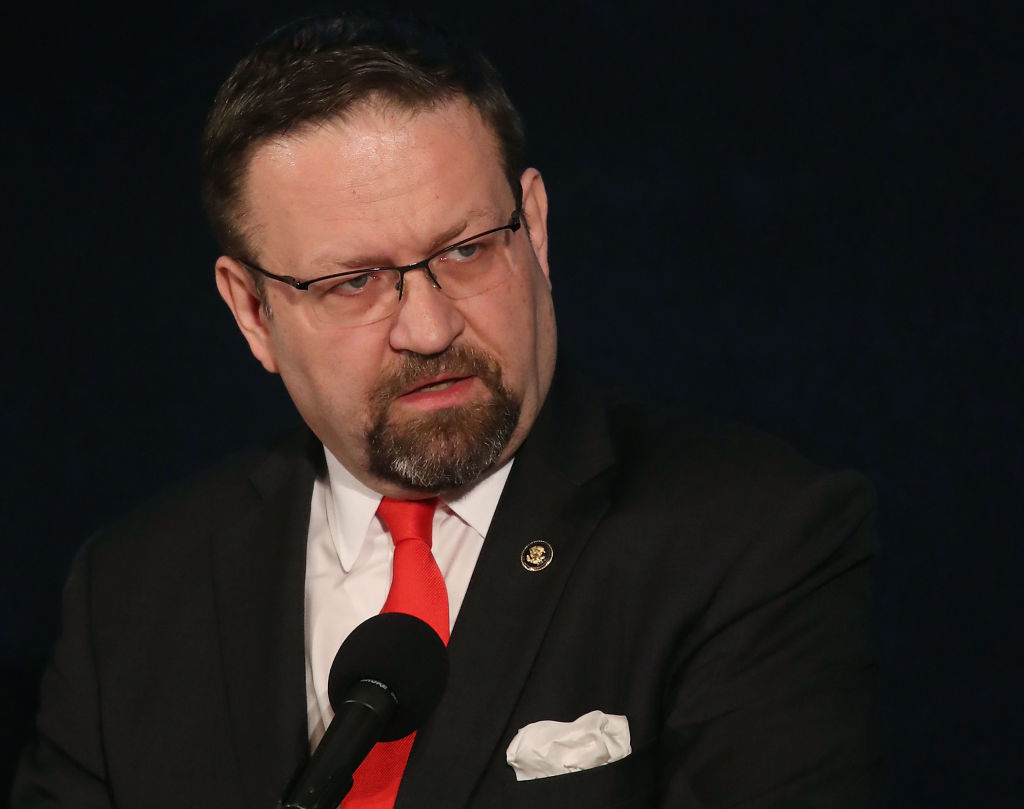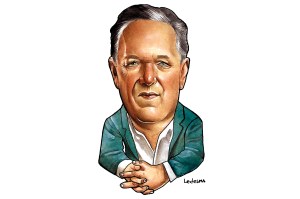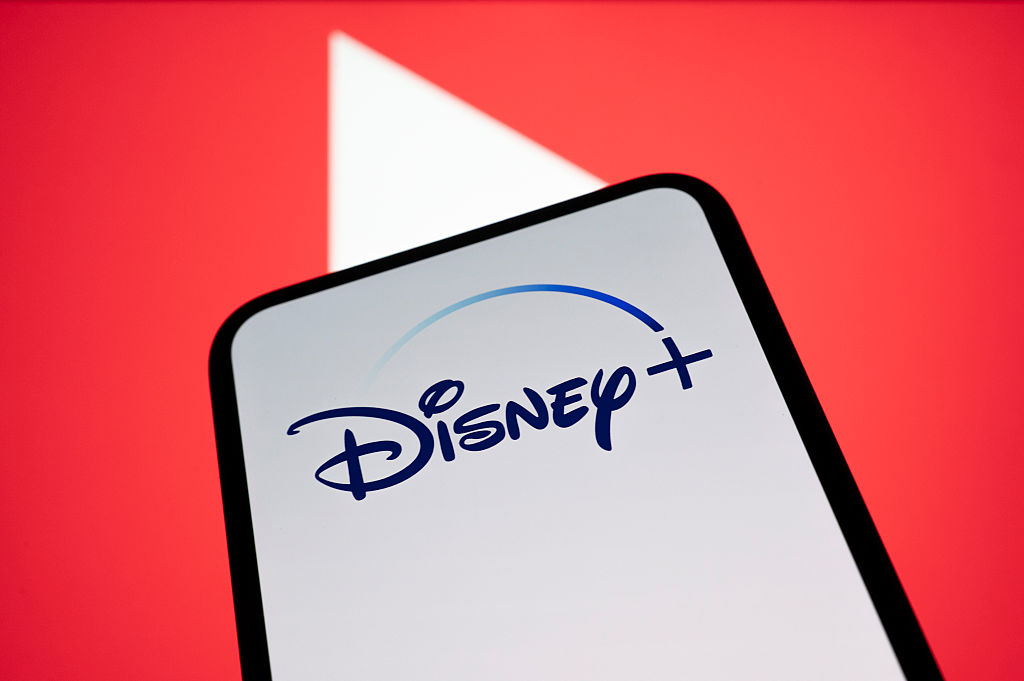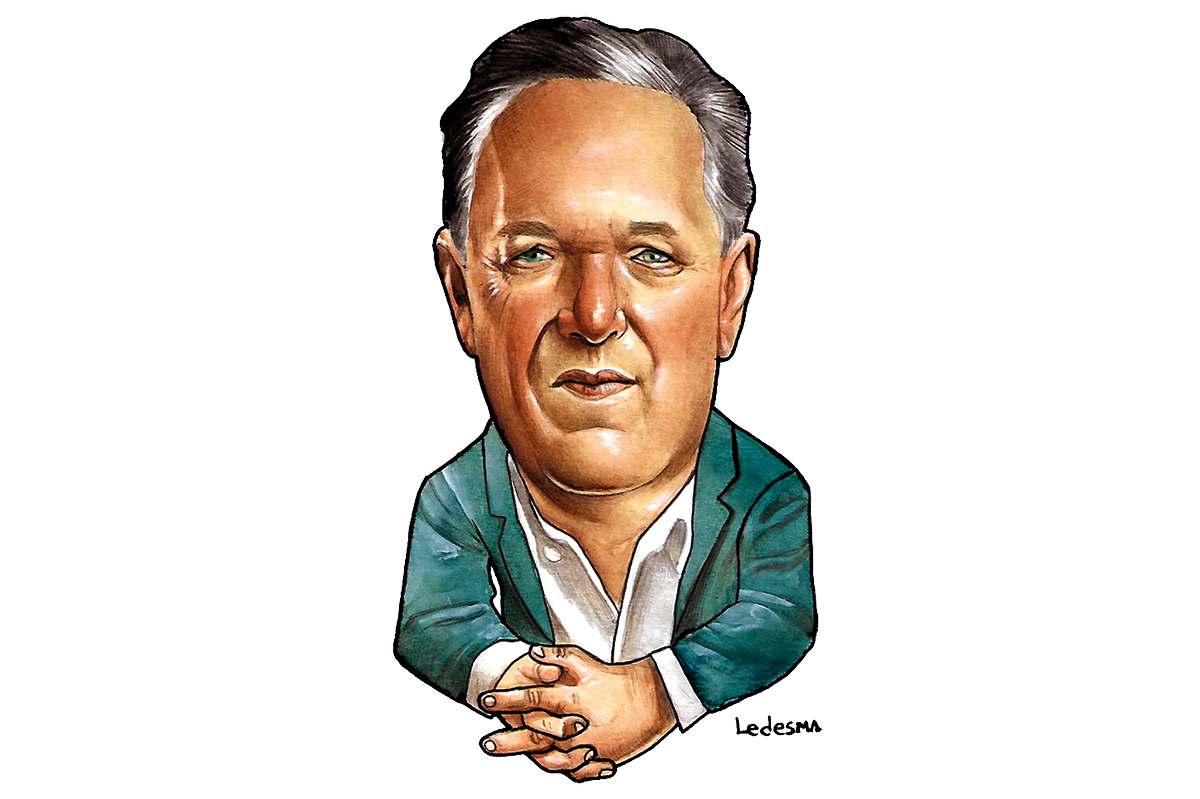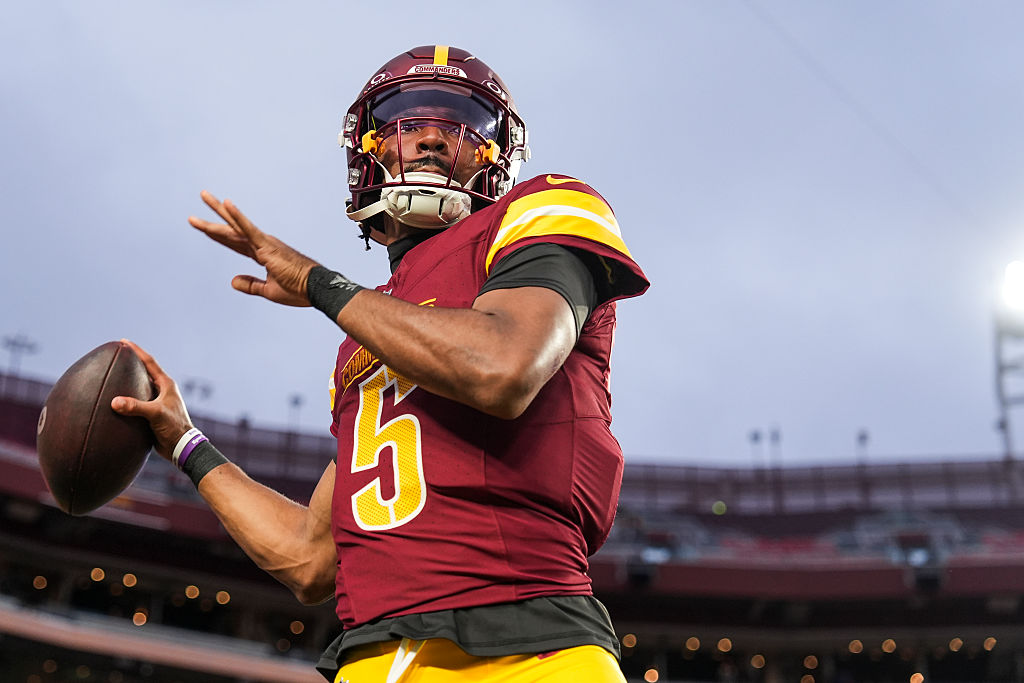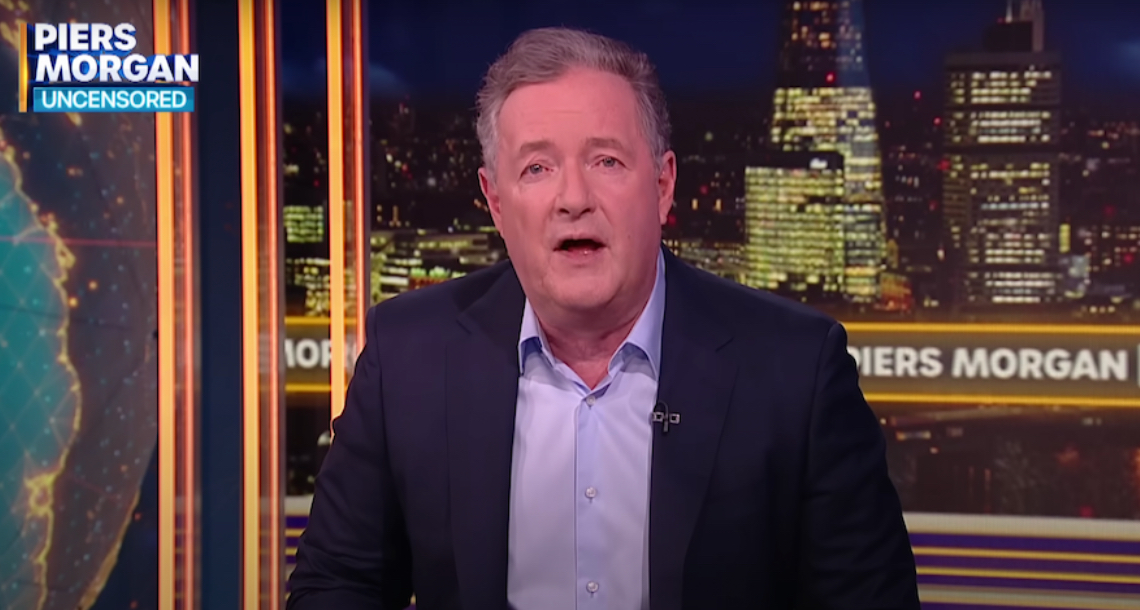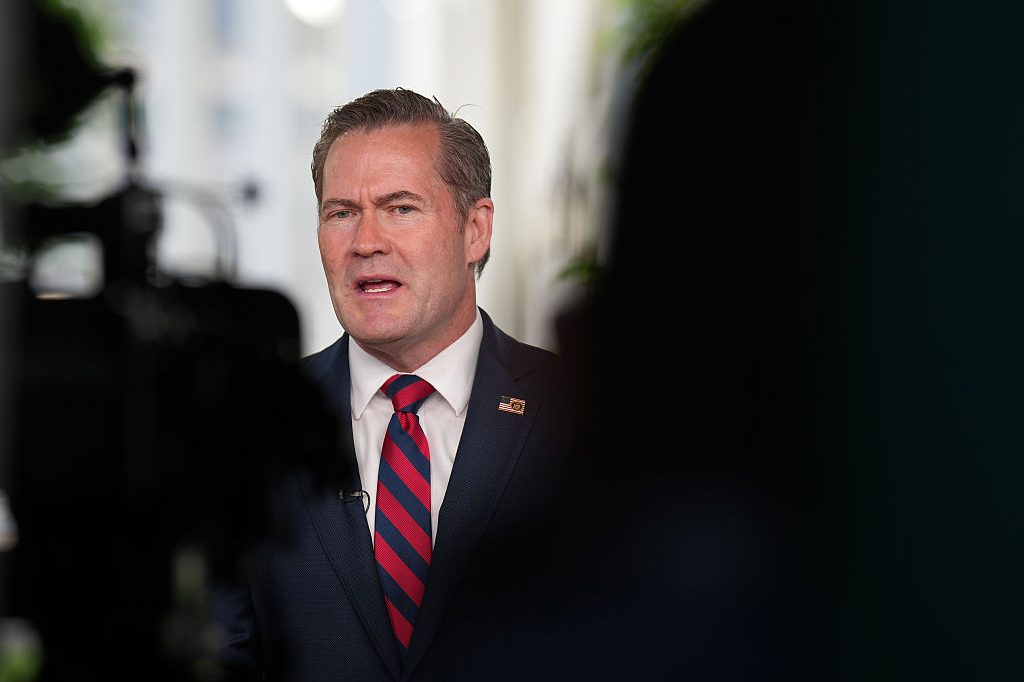Big Tech really doesn’t want people to talk about alleged voter fraud in the 2020 presidential election. I warned that this would happen shortly after the Capitol storming on January 6:
‘Because some pro-Trump demonstrators resorted to violence in order to have their concerns heard, politicians will refuse to ever again discuss any voting irregularities. Big Tech companies will likely crack down on anyone who dares talk about it on social media.’
The day that article was published, President Donald Trump was permanently banned from Twitter. The reason? The social media company was concerned that letting Trump state that he did not believe in the legitimacy of the election results could incite further violence among his supporters. Facebook had kicked off the leader of the free world the day before.
Trump was the highest profile victim, but Big Tech’s efforts to silence any discussion of voter fraud, election irregularities, or even just the last-minute changes to voting procedures were quite profound. Twitter purged 70,000 accounts it claimed were connected with the QAnon conspiracy theory. Facebook and Google paused all political ads. Amazon, Apple and Google all made efforts to ban Parler, which bills itself as a free speech alternative to Twitter, from using their services.
The latest victim of this censorship appears to be Sebastian Gorka, a former Trump official and radio host. YouTube announced the day after the Capitol riot that it would remove any videos ‘claiming widespread voter fraud changed the result of the 2020 election’ and deliver ‘strikes’ to the channels that posted them. On Sunday, the video hosting platform said it banned Gorka’s channel permanently after it received its third strike. The Washington Examiner speculated that one of the videos contributing to the ban may have been ‘Can we stop the Next Steal? Joe DiGenova and Victoria Toensing on AMERICA First with Sebastian Gorka.’
I have not seen enough evidence to say voter fraud changed the results of the election. However, I find it quite curious and frankly disturbing that we aren’t even allowed to have that discussion. If you want people to stop thinking the election was stolen, stop banning people from talking about it. Big Tech’s trigger finger when it comes to this topic only contributes to the air of conspiracy and gives the impression that there is something to hide.
In some cases, discussions about voter fraud can provide greater clarity, such as when I interviewed Trump lawyer John Eastman about ‘What Really Happened’, only for the video to be pulled from both YouTube and Vimeo. Eastman outlined various pieces of evidence he has to prove voter fraud occurred, but stopped short of saying definitively that there was enough to overturn the election. Instead, Eastman said, the evidence available warrants further investigations and audits. Is that really so unreasonable?
In other cases, these videos do a great disservice to Trump’s claims of fraud, like when Sidney Powell ranted at the RNC about Dominion Voting Systems being part of a Venezuelan plot to steal the election and was subsequently sued into oblivion. Wouldn’t opponents of the Trump legal team’s arguments want this wacky video splashed across the internet?
Big Tech cannot ban its way out of people believing there was fraud in the 2020 election. Their obsession with controlling the conversation, coupled with Democrats and corporations fear-mongering about the new Georgia election bill, will only further the notion that there was a ‘there’ there this past November.



